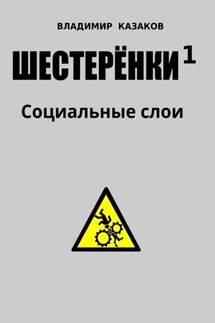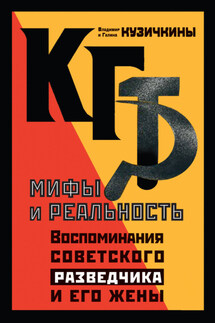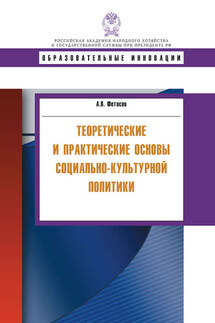Russia 2022 - страница 3
Republics:
Adygeya (capital – Maykop), Altay (capital – Gorno-Altaysk), Bashkortostan (capital – Ufa), Buryatiya (capital – Ulan-Ude), Chechnya (capital – Groznyy), Chuvashiya (capital – Cheboksary), Crimea (capital – Simferopol), Dagestan (capital – Makhachkala), Ingushetiya (capital – Magas), Kabardino-Balkariya (capital – Nalchik), Kalmykiya (capital – Elista), Karachayevo-Cherkesiya (capital – Cherkessk), Kareliya (capital – Petrozavodsk), Khakasiya (capital – Abakan), Komi (capital – Syktyvkar), Mariy-El (capital – Yoshkar-Ola), Mordoviya (capital – Saransk), Sakha [Yakutiya] (capital – Yakutsk), North Ossetia (capital – Vladikavkaz), Tatarstan (capital – Kazan), Tyva (capital – Kyzyl), Udmurtiya (capital – Izhevsk);
Autonomous Okrugs:
Aga Buryat (capital – Aginskoye), Chukotka (capital – Anadyr), Khanty-Mansi, Komi-Permyak (capital – Kudymkar), Nenets (capital – Naryan-Mar), Ust-Orda Buryat (capital – Ust-Ordynskiy) – from January 1, 2008 will be united with Irkutskaya oblast, Yamalo-Nenets (capital – Salekhard);
Krais:
Altay (capital – Barnaul), Kamchatskiy (capital – Petropavlovsk – Kamchatskiy), Khabarovsk, Krasnodar, Krasnoyarsk, Perm, Primorskiy (capital – Vladivostok), Stavropol, Zabaykalsk (capital – Chita);
Federal Cities:
Moscow, Saint Petersburg, Sevastopol;
Autonomous Oblast:
Yevrey [Jewish] (capital – Birobidzhan).
Subjects of the Federation have their Legislatures and governments, who act within the competence determined by the Constitution and, in some cases, an agreement between the Federation and the region. It is supposed that outside of the jurisdiction of the Federation and the joint jurisdiction of the Federation and the Subjects of the Federation, the Regions exercise the entire spectrum of state power. In reality most of the Russian laws are in the Federal competence and as such have superiority over Regional legal acts. Another complication of relations between the Federation and the Regions is the composition of the tax and budget systems. At the moment the majority of Regions receive financial assistance from the Federal budget.
RUS-175
There are over 20,000 municipalities in Russia. The structure of a municipal government is determined by the regional legislation under the legal framework established by the Federal laws and includes a legislative body at local level.
Sources of Law
RUS-200
The Russian legal system in its main features follows those of the European countries. The principles and ideas lying in its foundation are the inviolability of ownership, freedom of contract and the judicial protection of rights along with others that are recognised and shared by modern Western society. Most Russians share Western social values. Moreover, they truly consider themselves to be a part of the Western culture. However, Russia has somewhat different experiences and its own answers to historical challenges.
For those doing business in Russia or with Russians an understanding of the role of law in Russian society is of important practical value. It is likewise important to understand the difference not only between law and repression but between law and other forms of regulation of the human relations like, for example, economic or social pressure, religious beliefs or family relationships. Law is the product of long historical experience and not merely a product of the legislative power of the sovereign. The idea that the law-maker may enact any law it pleases has ignored the fact that law in a deeper sense, like other social institutions, is a living tradition. Law is a part of a culture and as such it is intimately connected to the whole historical experience of a nation.



![Bo][ing Day истребить «колхозника»](/uploads/covers/fe/bo-ing-day-istrebit-kolhoznika.jpg)



